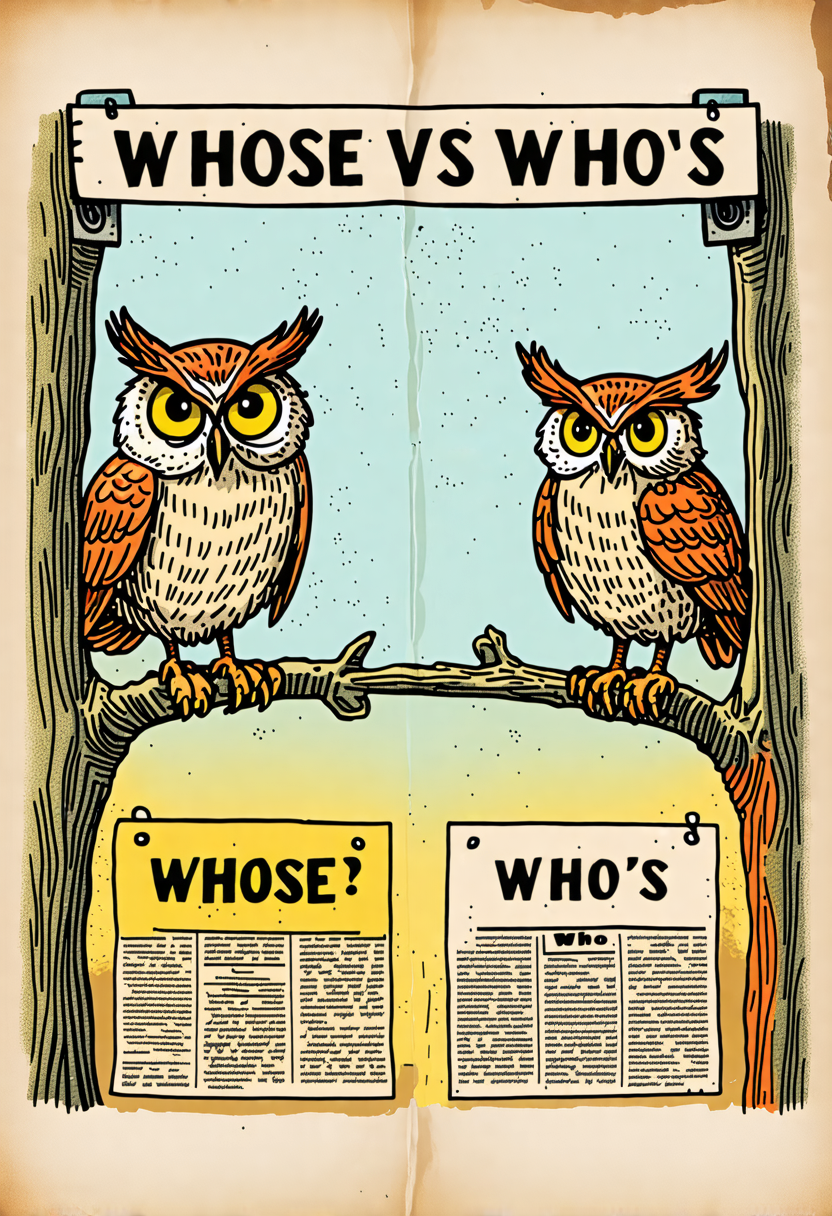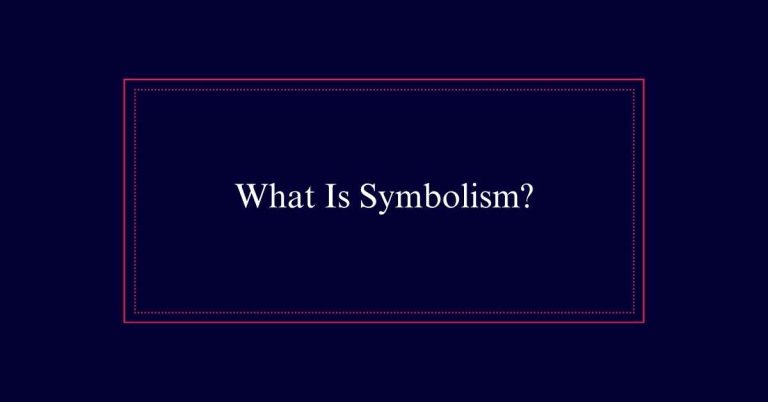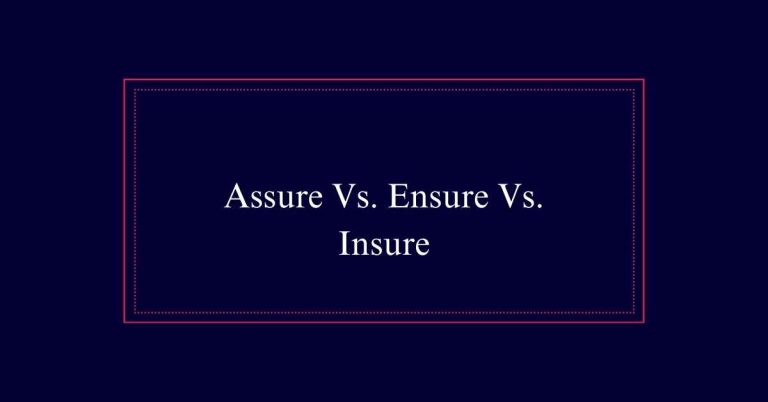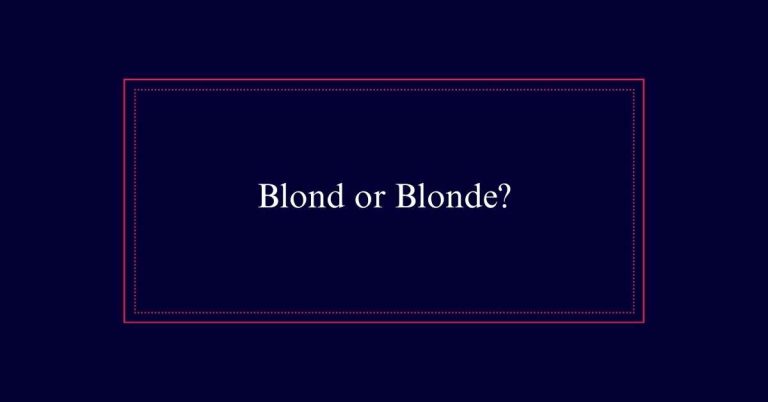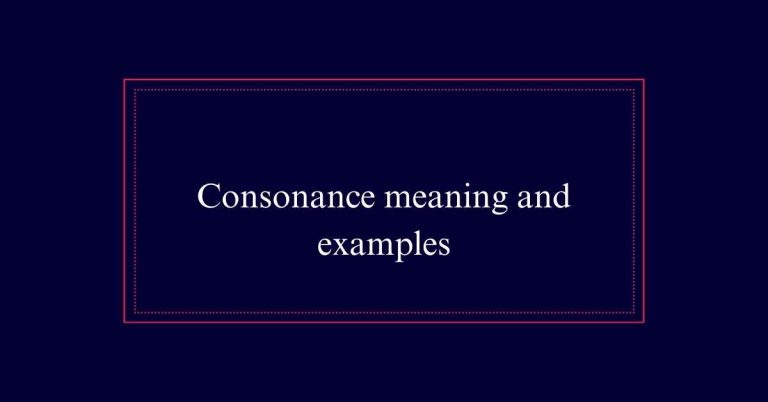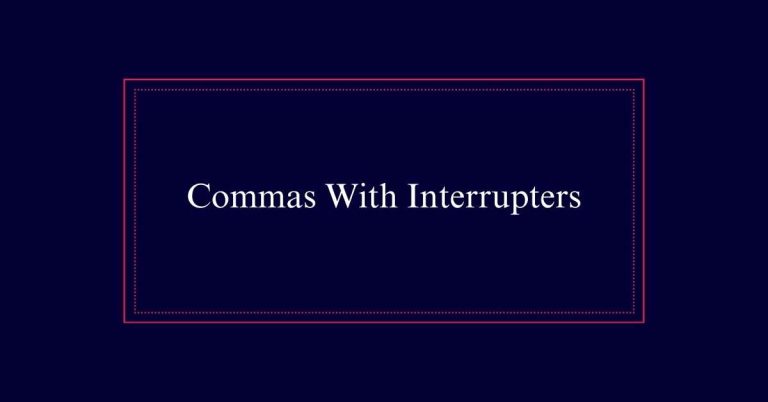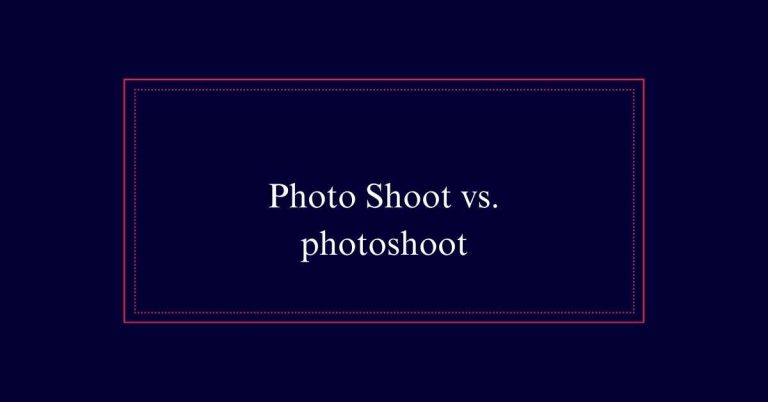Whose Vs. whos
Understanding the difference between ‘whose’ and ‘who’s’ is essential for clear communication. ‘Whose’ is a possessive pronoun indicating ownership, as in ‘Whose book is this?’. On the other hand, ‘who’s’ is a contraction for ‘who is’ or ‘who has,’ such as in ‘Who’s coming to the meeting?’ Though they sound alike, using the wrong one can lead to confusion.
Whose Vs. Who’s Overview
Understanding the difference between ‘whose’ and ‘who’s’ is essential for clear and accurate writing.
‘Whose’ is a possessive pronoun used to indicate ownership. For example, ‘Whose book is this?’
On the other hand, ‘who’s’ is a contraction for ‘who is’ or ‘who has.’ An example is, ‘Who’s coming to the meeting?’
These words are homophones, meaning they sound the same but have different meanings. Misusing them can confuse readers and obscure your message.
Remember that ‘whose’ deals with possession, while ‘who’s’ is a shortcut for ‘who is’ or ‘who has.’
Defining “Whose”
Whose’ is a possessive pronoun used to indicate ownership or association. It helps to specify to whom or what something belongs. This pronoun is crucial for clarifying relationships between people, objects, and concepts. For instance, in the sentence ‘Whose book is this?’ the word ‘whose’ signifies the owner of the book.
Here is a table with examples to illustrate its use:
| Sentence | Explanation |
|---|---|
| Whose keys are these? | Asking about the owner of the keys. |
| She is the woman whose car was stolen. | Identifying the woman by her stolen car. |
| Whose idea was it to start the project? | Inquiring about the originator of the idea. |
Understanding “Who’s”
‘Who’s’ is a contraction that combines ‘who is’ or ‘who has’. This form is commonly used in both spoken and written English to make sentences more concise.
For example, ‘who’s going to the meeting?’ translates to ‘who is going to the meeting?’ Similarly, ‘who’s finished their work?’ means ‘who has finished their work.’
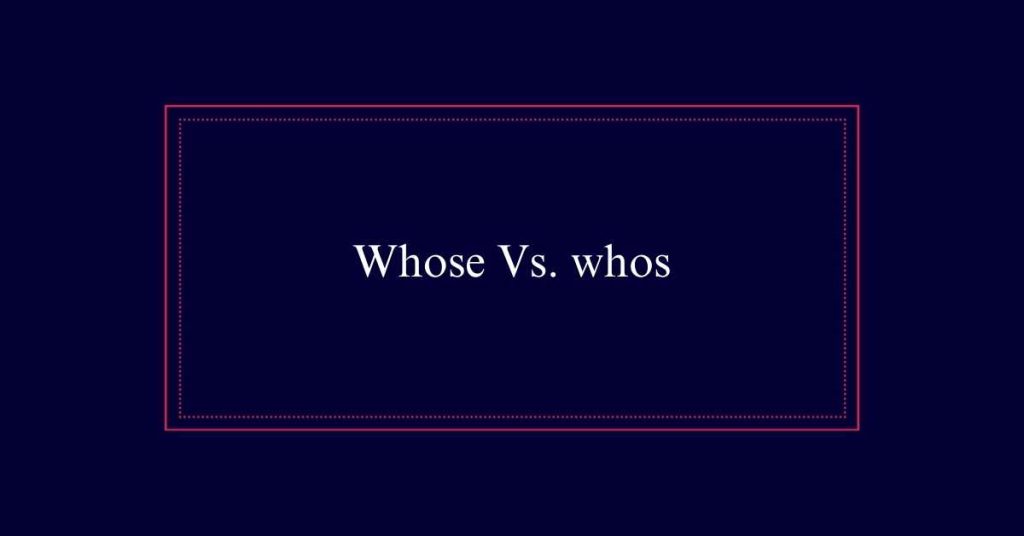
The apostrophe in ‘who’s’ replaces the missing letters, making it easier to read and say. It’s important to note that ‘who’s’ should not be confused with ‘whose’, which indicates possession.
Usage in Sentences
In sentences, ‘who’s’ and ‘whose’ play distinct roles that are essential for clear communication. ‘Who’s’ is a contraction for “who is” or “who has.” On the other hand, ‘whose’ is a possessive pronoun used to indicate ownership or association. Understanding their correct usage can prevent confusion and enhance clarity. The table below provides examples to illustrate their differences:
| Phrase | Explanation | Example Sentence |
|---|---|---|
| ‘Who’s coming?’ | Contraction of “who is” | Who’s coming to the meeting today? |
| ‘Who’s finished?’ | Contraction of “who has” | Who’s finished their project already? |
| ‘Whose book is this?’ | Shows possession | Whose book is lying on the table? |
| ‘Whose idea was it?’ | Indicates ownership or association | Whose idea was it to implement this policy? |
Common Mistakes
Misusing ‘who’s’ and ‘whose’ is a common error that often leads to confusion in writing. ‘Who’s’ is a contraction for ‘who is’ or ‘who has.’ For example, ‘Who’s going to the meeting?’ means ‘Who is going to the meeting?’
On the other hand, ‘whose’ is a possessive pronoun. It indicates that something belongs to someone. For instance, ‘Whose book is this?’ means ‘To whom does this book belong?’
Many writers mix these up because they sound alike. To avoid mistakes, remember that ‘who’s’ always replaces ‘who is’ or ‘who has,’ while ‘whose’ shows possession.
Possessive Pronoun “Whose”
Understanding the possessive pronoun ‘whose’ is essential for clear and accurate writing. ‘Whose’ is used to indicate ownership or possession. It serves as a relative pronoun that modifies a noun by showing to whom or to what something belongs.
For example, in the sentence, ‘Whose book is this?’ ‘whose’ clarifies who owns the book. Unlike ‘who’s,’ which is a contraction, ‘whose’ does not involve an apostrophe. It is vital to distinguish between these homophones to avoid confusion.
Contraction “Who’s”
While ‘whose’ indicates possession, ‘who’s’ is a contraction that stands for ‘who is’ or ‘who has’. This contraction simplifies sentences and makes them easier to read. For example, “Who’s coming to the meeting?” means “Who is coming to the meeting?” Similarly, “Who’s completed the project?” stands for “Who has completed the project?”
To illustrate, here is a table highlighting the emotional impact of using ‘who’s’:
| Emotion | Example Sentence | Full Form |
|---|---|---|
| Curiosity | Who’s at the door? | Who is at the door? |
| Anticipation | Who’s ready for the surprise? | Who is ready for the surprise? |
| Satisfaction | Who’s done their homework? | Who has done their homework? |
| Concern | Who’s been feeling unwell lately? | Who has been feeling unwell lately? |
Grammar Rules
Grammar rules play a crucial role in distinguishing between ‘who’s’ and ‘whose’. ‘Who’s’ is a contraction that combines ‘who is’ or ‘who has’, with the apostrophe indicating the omission of letters. For example, ‘Who’s coming to the meeting?’ translates to ‘Who is coming to the meeting?’
On the other hand, ‘whose’ is a possessive pronoun used to indicate ownership or association. It is employed to ask or tell about the owner of something. For instance, ‘Whose book is this?’ means ‘To whom does this book belong?’
Examples and Contexts
Examples and contexts illustrate how to properly use ‘who’s’ and ‘whose’ in everyday sentences.
For instance, ‘Who’s coming to the meeting?’ uses ‘who’s’ as a contraction for ‘who is.’ It asks about the identity of a person.
In contrast, ‘Whose book is this?’ uses ‘whose’ to ask about possession, inquiring about the owner of the book.
Another example is, ‘Who’s taken my pen?’ which means ‘who has taken my pen?’ Here, ‘who’s’ stands for ‘who has.’
On the other hand, ‘Whose idea was it to start early?’ asks about the person to whom the idea belongs.
Tips for Avoiding Confusion
To avoid confusion between ‘who’s’ and ‘whose,’ remember that ‘who’s’ is always a contraction for ‘who is’ or ‘who has,’ while ‘whose’ indicates possession.
To distinguish them, try substituting ‘who’s’ with ‘who is’ or ‘who has.’ If the sentence still makes sense, ‘who’s’ is correct. For example, “Who’s going to the meeting?” can be read as “Who is going to the meeting?”
For ‘whose,’ think about ownership or belonging. For instance, “Whose book is this?” asks about the owner of the book. Practice these substitutions to build confidence.
Frequently Asked Questions
How Can I Remember the Difference Between “Whose” and “Who’s”?
To remember the difference between “whose” and “who’s,” note that “who’s” is a contraction for “who is” or “who has.” Conversely, “whose” indicates possession. Test by expanding “who’s.” If it fits, use it.
Are There Any Mnemonic Devices for Distinguishing “Whose” and “Who’s”?
Yes, mnemonic devices can help. Remember “whose” has an “e” for “possession.” For “who’s,” think “who is” or “who has.” The apostrophe in “who’s” replaces letters, making it a contraction.
Can “Whose” Be Used to Refer to Non-Human Objects?
Yes, “whose” can refer to non-human objects. It is used to indicate possession or association. For example, “The book whose cover is torn belongs to the library” demonstrates its use for non-human objects.
